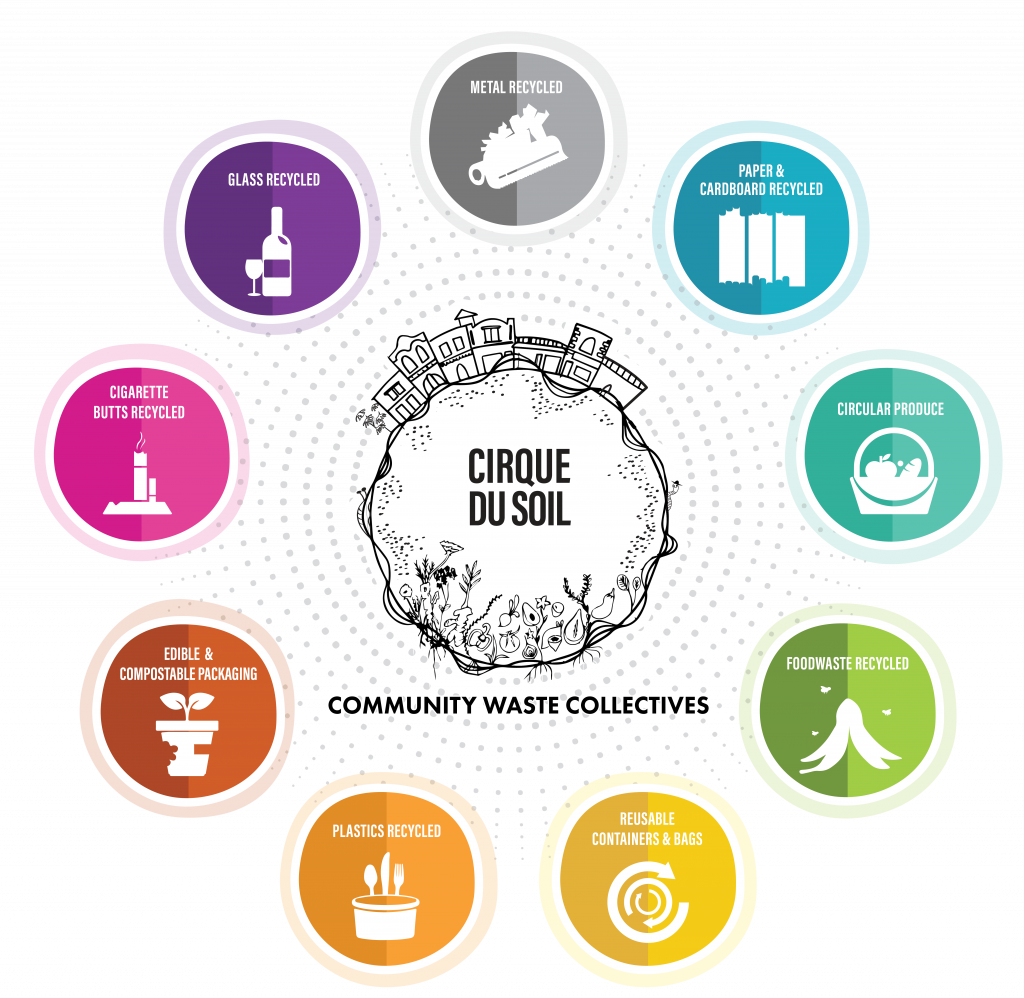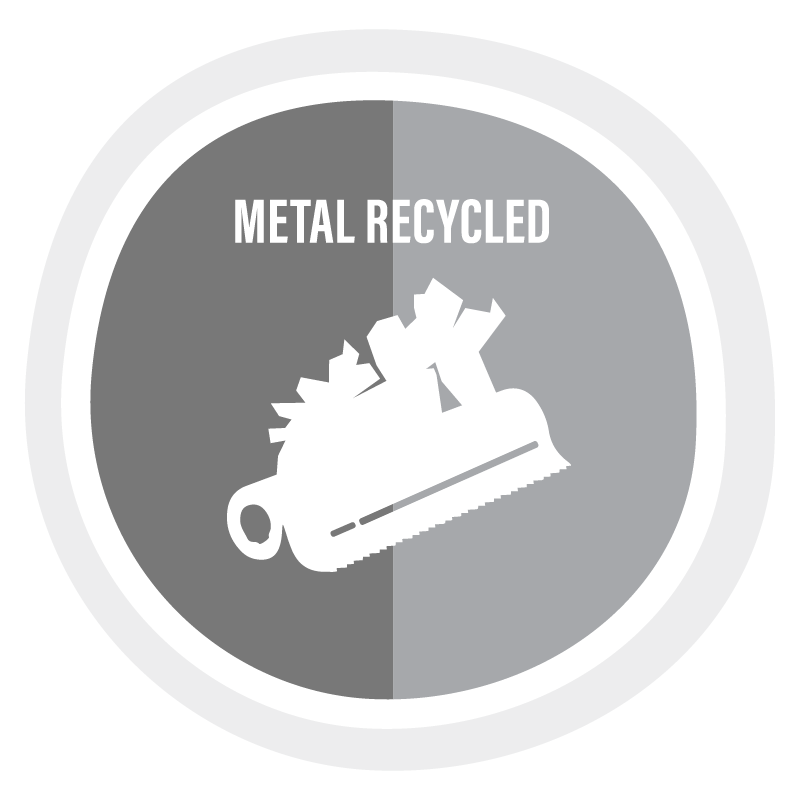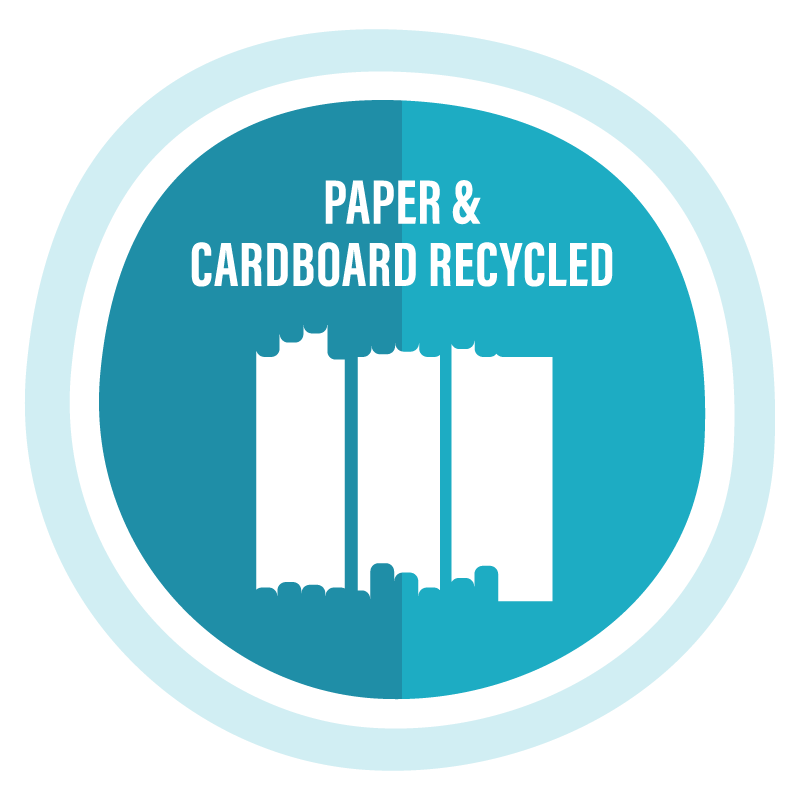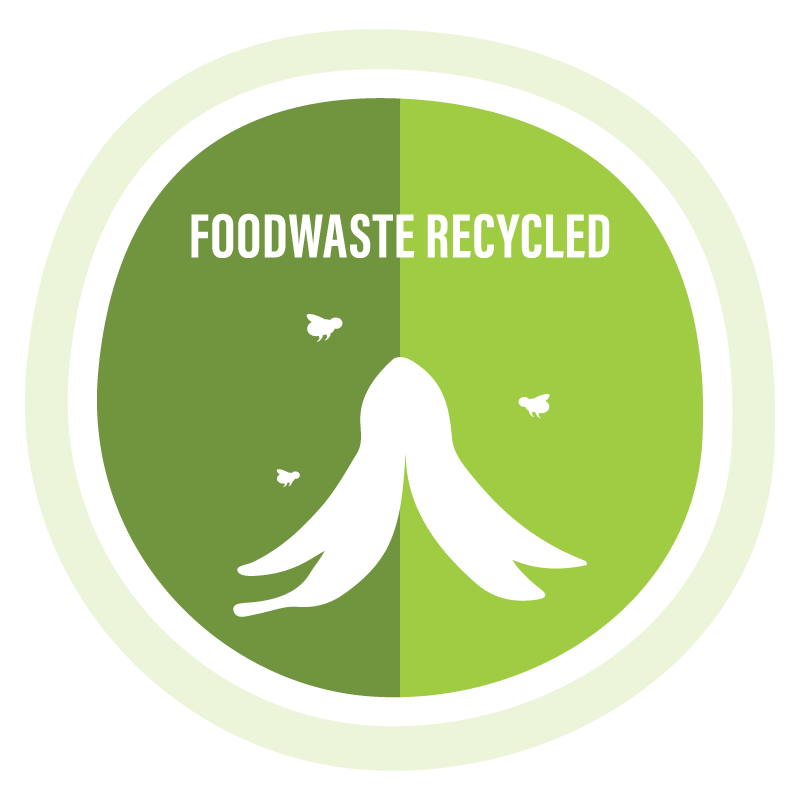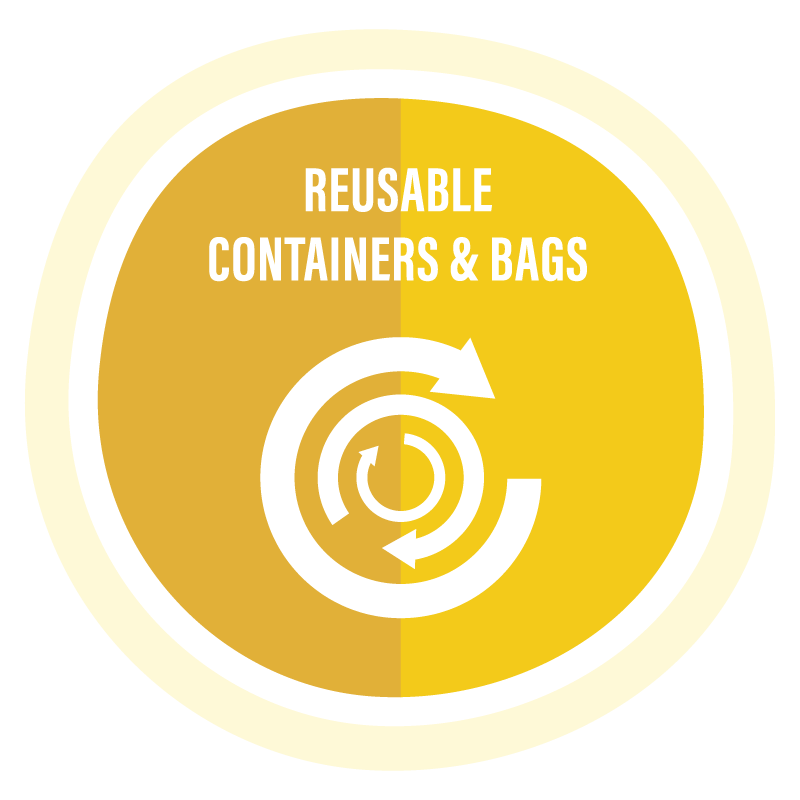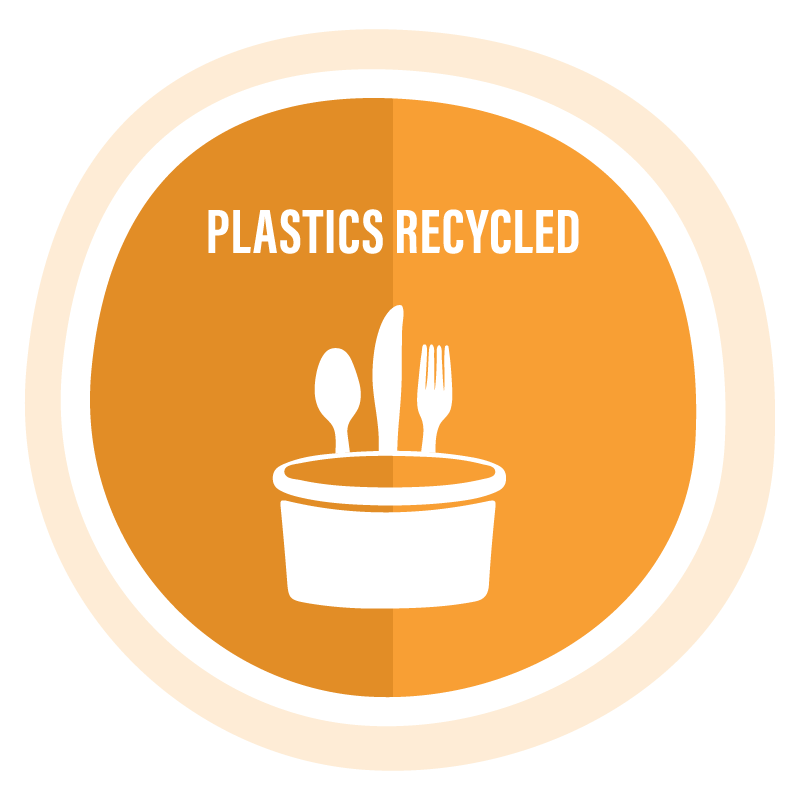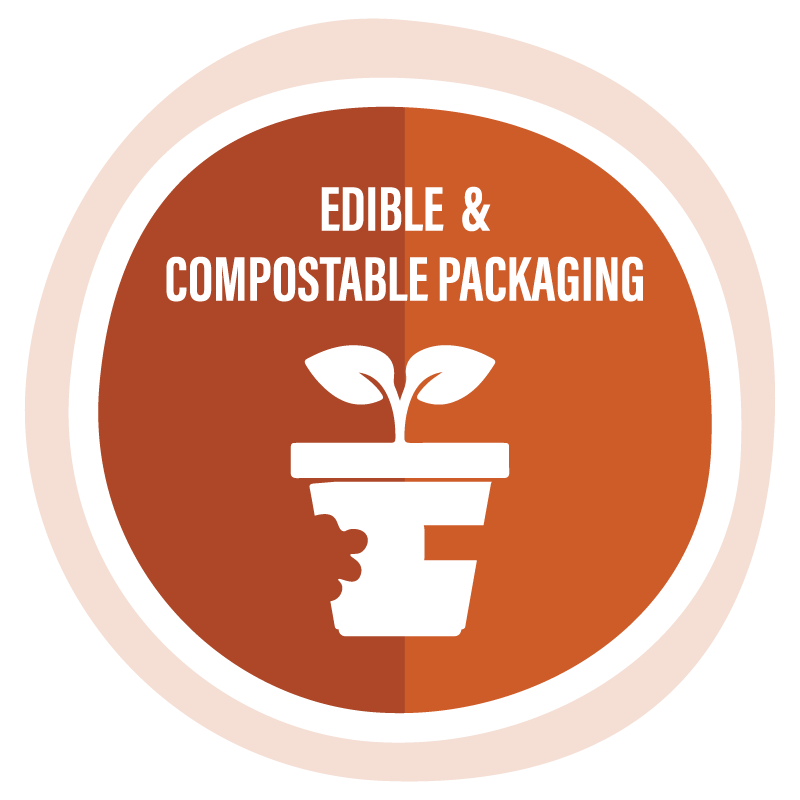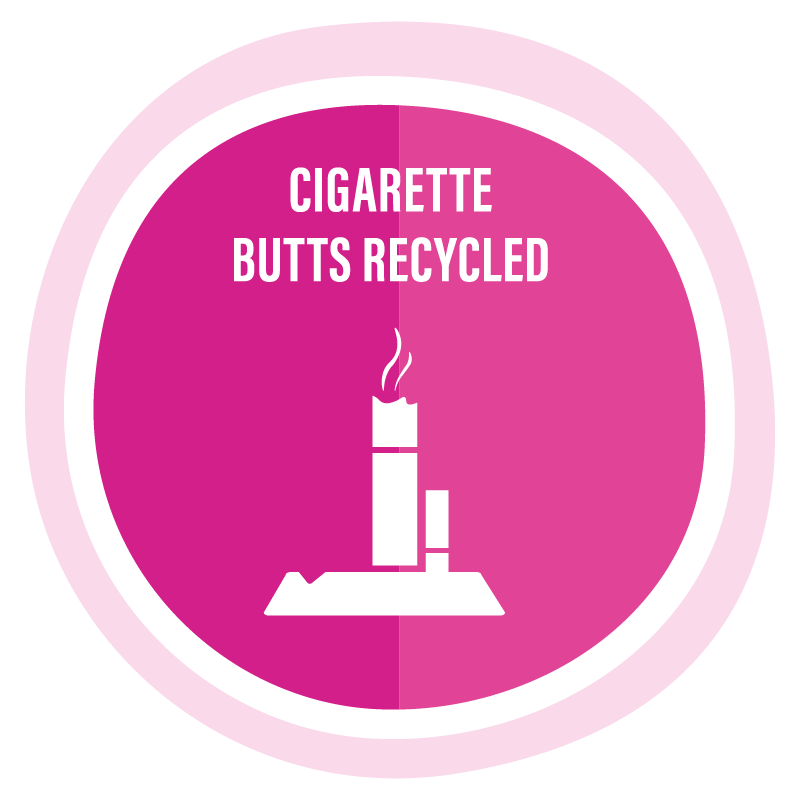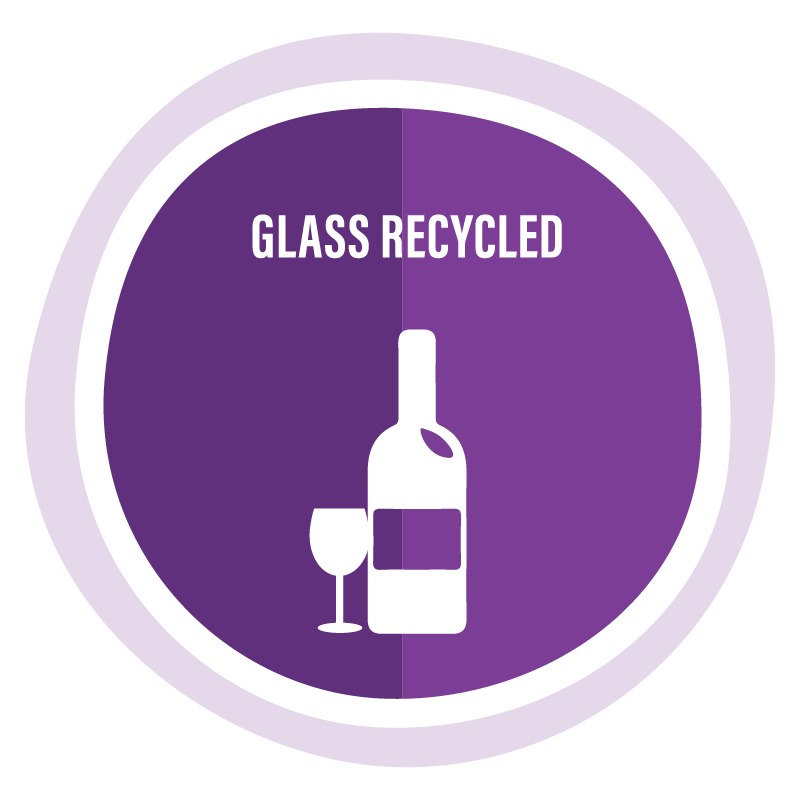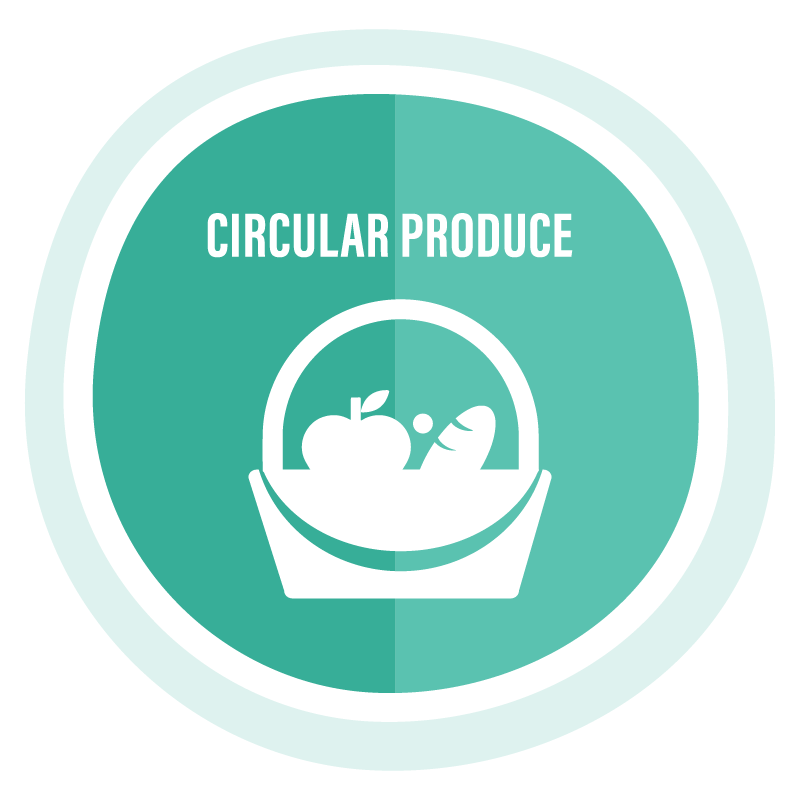
CLOSING FOOD GAPS FOR URBAN CIRCULAR PRODUCE
Huzzah! In partnership with our Circular Suppliers, all compost outputs and coffee grounds will go to feeding mycelium and soil to grow some very tasty produce. Our program members are committed to purchasing locally sourced, ethically and regeneratively produced, where possible.
HOW MANY MUSHROOMS CAN WE GROW TOGETHER?
By joining our micro collections composting program, any coffee grounds goes to our award winning mycelium circular supplier to create an urban microloop, growing edible mushrooms for your food business.
ARE YOU A URBAN FARMER OR MICRO FARM?
It takes many ingredients to make a dish. As you can imagine, finding urban produce grown at scale can be a tricky quest. You may have an excess of garden herbs you can share with traders or neighbours, but now you want to grow more! If this sounds like you and you're interested in expanding the food loop here, ask us for some locally made fertiliser.
FREQUENTLY ASKED QUESTIONS
Mobilise your neighbours and clan up for climate change.
As our program and networks mature, it will be offered to development projects including retail, office blocks and apartments.
- Lower (not just yours, but your street's) carbon emissions by streamlining waste management logistics
- Increase team knowledge and education around zero waste and Circularity to anyone keen to learn how to go beyond just being “sustainable”
- Increase neighbourhood sharing capabilities and conversations with your trader neighbours. We help you identify the opportunities and connect you but bin sharing is unfortunately something that we don't manage.
- Map a business’s journey to circular transition and measure carbon emissions saved from being a CWC member, including economic, environmental and social impacts
- Increase your public visibility to customers with our window badging system, to show your commitment to fighting climate issues through your changing business and waste practices.
- Regular updates with the latest in circular products and services.
- Build up our industry partners profiles and showcase their circular products and services.
- Weigh in on “circularity” in improvements to our business models through our circular supplier criteria assessment.
- Instead of a single business measuring individual environmental/social impact, to harness our collective impact across purpose driven Australian startups and organisations.
- We identify urban resources for local makers/manufacturers needed for the manufacturing of circular products and encourage a member buyback scheme.
TRANSITIONING LOCAL BUSINESSES TOWARDS
A CIRCULAR WASTE ECONOMY
A collaborative industry partnered approach to waste from high streets to high rise.
Below are the Material Streams we are tackling, select the stream to see where it goes...
